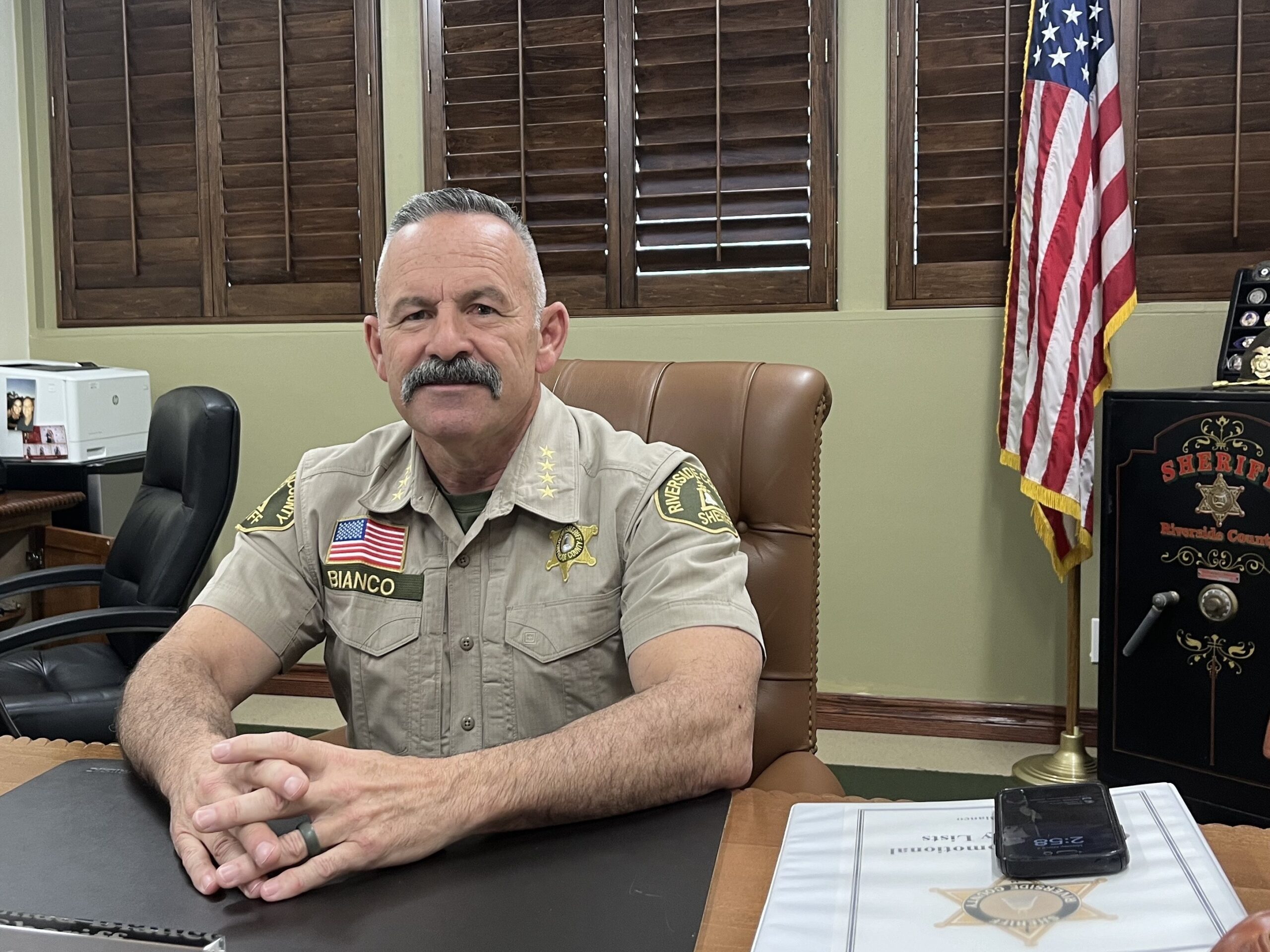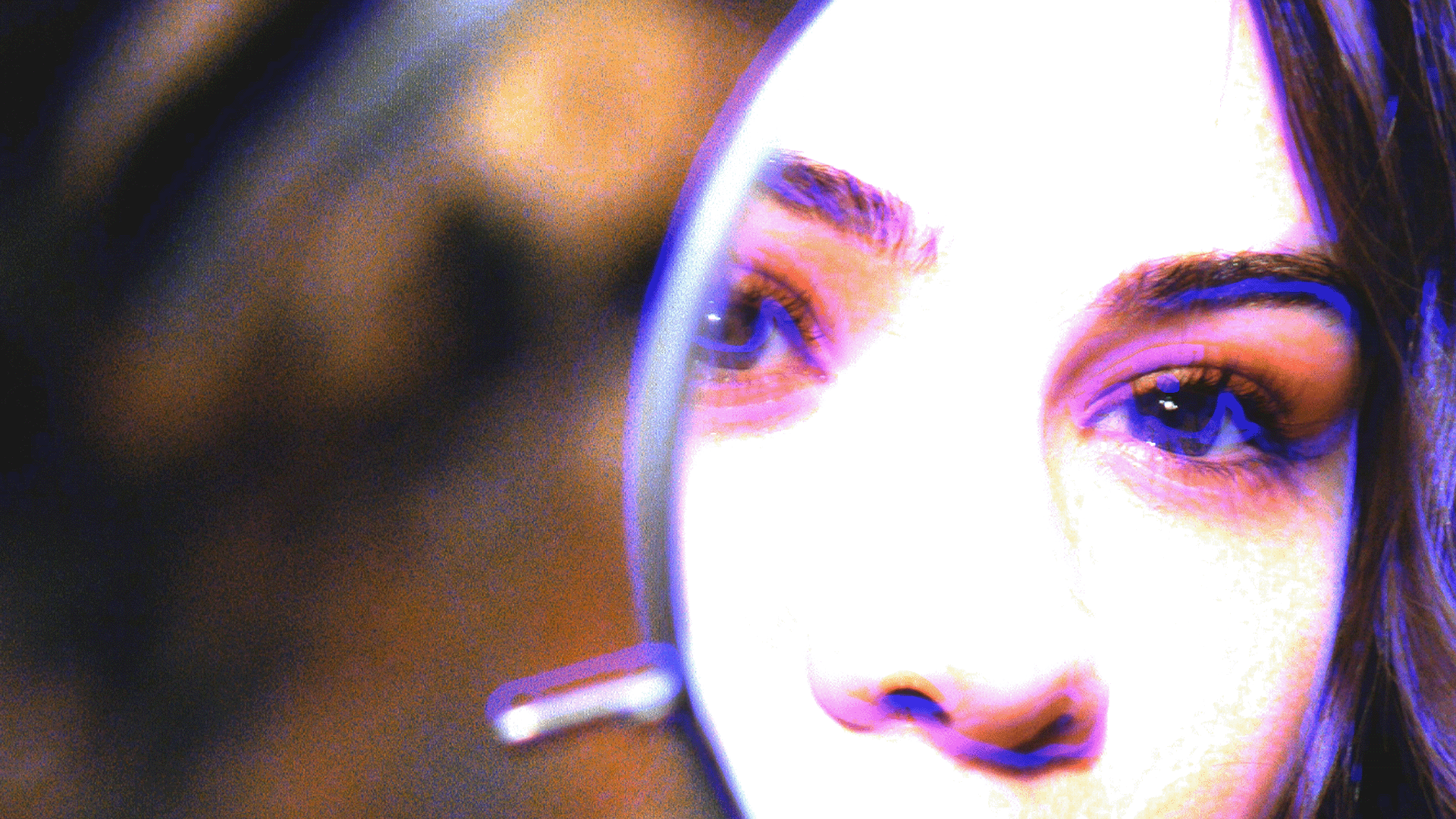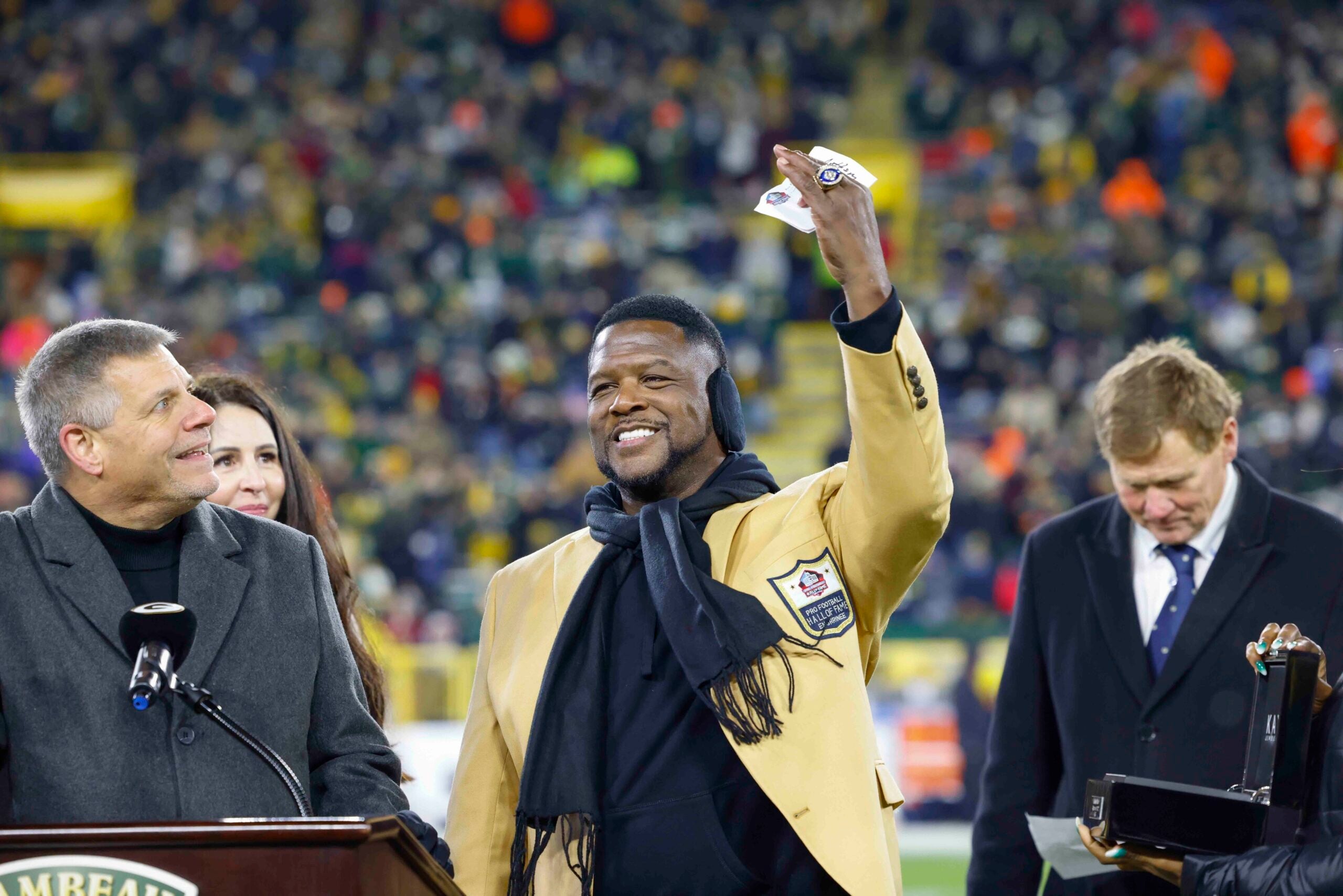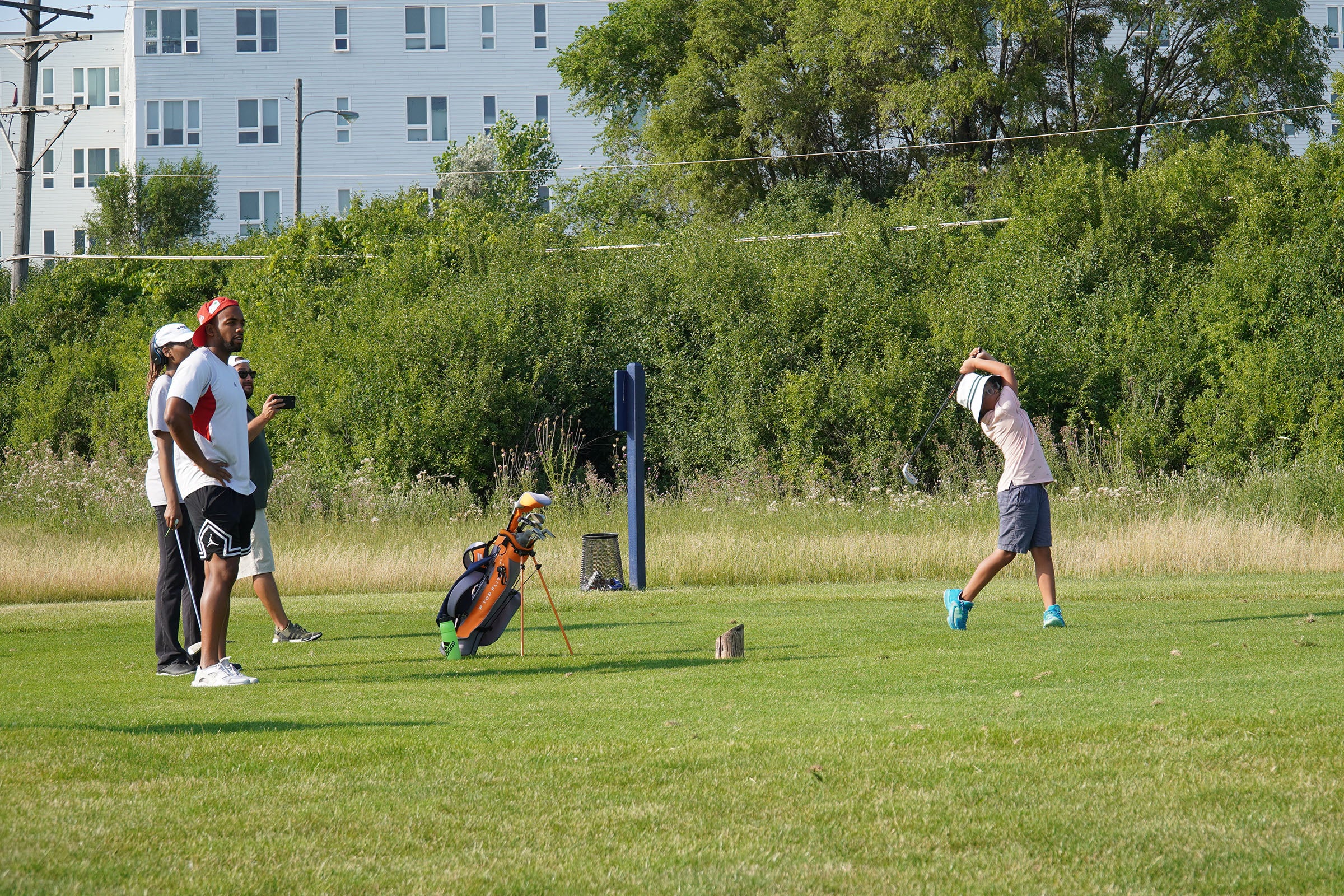While football’s popularity is down 4% since its peak viewing in 2007, 37% of sports fans still choose football as their favorite sport to watch. We take a look at controversies like concussion research, national anthem protests and more to talk about why Americans really love football. We also take a closer look at one issue President Trump addressed in his State of the Union speech.
Featured in this Show
-
White House Signals It Will Allow The Release Of The Nunes Memo
A classified document, known as the “Nunes Memo”, alleging widespread abuses of power at the FBI could be made public in the coming days. Some lawmakers on Capitol Hill and high-ranking officials at the FBI have advocated for the memo to remain classified, accusing the information in the memo is misleading. We speak with Paul Singer of USA Today about the impact the document could have in Washington, DC.
-
Despite Controversy, Football Is Still America's Favorite Sport
For the 42nd year in a row, Football is the most popular sport in America, according to a new Gallup poll. Yet, professional football has come under fire for domestic violence accusations against players, links to degenerative brain disease, and even political protests among its players. How has it weathered those storms? Why does its popularity endure? We speak with a sports journalist.
-
Don't Worry, Be Happy — And Consider Getting A Hobby
While Susie Neilson was in South Africa last year filming a documentary, she experienced a bit of a culture shock. While at a barbecue with friends, a South African woman posed a simple question to Neilson: what do you do?
Neilson, a journalist, thought she was being asked about her profession.
“That’s kind of the knee-jerk response that every American has to that question,” Neilson said, adding that she answered that she is a journalist. The woman, Neilson noted, looked at her with amusement after that response.
“It was kind of a shock,” Neilson said. “I just assumed that that’s how everyone answered that question but … I’ve been thinking back on it and even when I’ve been in places like Spain or Australia, people have asked me that question and it doesn’t usually refer to ‘What is your job?’ which tends to be the more boring answer. In other countries, people are really asking “What do you like to do? What sort of stokes your fire or what do you find interesting?”
The idea that Americans connect their identity to their work is a well-documented concept. According to a 2014 Gallup Poll, 55 percent or workers get a sense of identity from their job.
The role of work in our identity is part of Neilson’s piece for New York Magazine’s The Cut, about hobbies and happiness. In that piece, she brings up an advertisement for a gig economy job that shows a woman who looks “super sleep-deprived.” That woman is expected to work around the clock and the advertisement seemed to glorify that.
“I think that’s a problem we kind of all have,” Neilson noted. “We push each other to work as much as possible.”
Neilson’s interest in the psychology behind this led her to a study by Duke University professor Patricia Linville, which explores the idea of “self-complexity.”
Here’s an example from the study, per Neilson: Let’s say a person identifies himself or herself primarily through their job and marriage. What happens if they suffer a professional setback or a marital complication (or both)?
“If that person identifies just as a partner, just as a professional, then their, what’s called their ‘self-concept,’ is going to kind of take a much bigger blow than say if they identify themselves in a number of different lights,” Neilson added.
The argument here is this: the more ways you identify your “self,” the less likely it is that one big blow to your identity is going to knock you out, Neilson said. She also wrote that the study found that the narrower a person’s view of their ‘self’ is, the more likely they are to experience anxiety or depression.
One solution Neilson identities as a way to gain self-complexity: get a hobby. But before you start to worry about the time involved in cultivating a hobby, it doesn’t have to be that difficult. It doesn’t have to be a scheduled activity or something like woodcarving, however cool that may be, Neilson said.
“As long as you’re kind of taking the time to check in with yourself in a way that’s not, like a productivity machine, I think that’s what’s really important to just really remember that you’re not living to work, you have a life outside of that,” she noted.
Take Neilson, for example.
She said she’s been trying to put her identity eggs in more than one basket. She’s a journalist, but she’s also a singer, a swimmer, a sister and a daughter. She’s even connected with her old college band and she hopes they’ll start rehearsing soon.
“I find that even if I don’t have time for you know, a scheduled hobby like twice or three times a week, taking up a few hours, just going for walks with friends or really putting some time into your relationships can really help with this, because the more relationships you have, you have those sort of different selves when you’re interacting with different people,” she added.
While many may say they don’t have time for hobbies, Neilson says to remember it’s about what you make time for.
“If you really care about having a stable mental state … if you want to sort of take steps towards safeguarding your mental health, definitely reach out to more people and take some time to diversify your interests,” Neilson encouraged.
-
The Link Between Hobbies and Happiness
As Americans, our identities are often defined by our careers. But as Susie Neilson writes for The Cut, shifting our identity to our hobbies can actually make us happier. She joins us to share why.
Episode Credits
- Rob Ferrett Host
- J. Carlisle Larsen Producer
- Gretchen Brown Producer
- Natalie Guyette Producer
- Paul Singer Guest
- Jason Wilde Guest
- Susie Neilson Guest
Wisconsin Public Radio, © Copyright 2024, Board of Regents of the University of Wisconsin System and Wisconsin Educational Communications Board.





